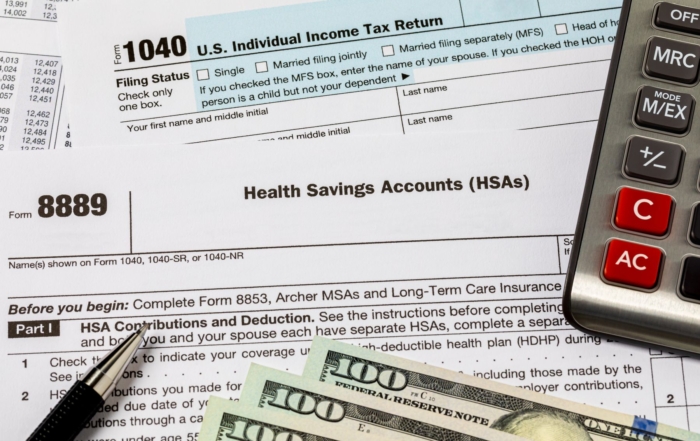Are rising health insurance costs eating into your small business’s budget? Are your employees struggling to afford quality healthcare? Individual Coverage Health Reimbursement Arrangements (ICHRAs) might be the solution you’ve been searching for.
What are ICHRAs?
ICHRAs (pronounced “ick-rahs”) are a modern, flexible approach to employee health benefits. Instead of being locked into traditional group health insurance, employers provide workers with tax-free money to purchase their own individual health insurance plans.
How do ICHRAs Work?
- Employers set a monthly allowance for each employee’s health insurance.
- Employees shop for and buy individual health insurance plans from the marketplace.
- Workers submit proof of their insurance expenses.
- Employers reimburse employees up to the predetermined allowance amount.
This simple process gives both employers and employees more control over health benefit spending.
Key Advantages of ICHRAs
Benefits for Employers
- Predictable Costs: Set a fixed budget for health benefits, making expenses more manageable.
- Less Administrative Work: No more dealing with complex group health plans.
- Customizable: Offer different allowances to various employee classes (e.g., full-time vs. part-time).
- Tax Breaks: Reimbursements are tax-deductible for businesses, adding to the savings.
Benefits for Employees
- More Options: Employees can choose a health insurance plan that best fits their individual needs and budget, rather than being limited to a single group plan.
- Portability: Employees can keep the same insurance plan, even if they change jobs.
- Equitable Access: All employees, regardless of their position, have equal access to quality health coverage.
ICHRAs: A Solution to Rising Healthcare Costs
Did you know that many states are seeing double-digit increases in healthcare costs for small businesses? The traditional group health insurance model is becoming less affordable every year. This is where ICHRAs can make a huge difference.
For example, a small business with 10 employees might pay $20,000 monthly for a group plan. By switching to an ICHRA and offering each worker $1,500 per month, the company could reduce its costs to $15,000 monthly—a potential savings of $5,000 while still providing valuable benefits.
Is an ICHRA the Right Fit for Your Business?
ICHRAs represent a fresh approach to health benefits that can work well for both small businesses and their employees. By offering cost control for employers and more choices for workers, ICHRAs provide a win-win solution in today’s challenging healthcare landscape.
Still unsure? Contact NARFA today for expert guidance on implementing this innovative health benefit solution. Our team can help you navigate the setup process and ensure compliance with all regulations.
Click here to explore more on our ICHRA page.
FAQ About ICHRAs
- Q: Can businesses of any size offer an ICHRA?
A: Yes, companies of all sizes can implement ICHRAs, but check your state’s rules for specific requirements. - Q: Can ICHRAs be used with Health Savings Accounts (HSAs)?
A: Yes, if the ICHRA only reimburses premiums and the employee has a qualifying high-deductible health plan. - Q: How do ICHRAs differ from traditional group health insurance?
A: With ICHRAs, employees choose their own individual plans instead of being enrolled in a company-wide group plan.
Learn more about NARFA’s comprehensive benefits solutions for small businesses.
Recent Posts
Poison Ivy, Oak & Sumac Safety Guide for Landscaping, Construction, and Outdoor Workers
Why Construction and Outdoor Workers Need to Know About Poison Plants The CDC reports that 80-90% of adults develop rashes from poison ivy exposure, and [...]
Multi-State Business Operations: Insurance and Compliance Strategies for Growing New Hampshire Auto Companies
Picture a successful New Hampshire automotive dealership that starts with a single location in Manchester. Over time, they expand their service territory, hire employees who [...]
Revolutionary HSA Changes in the 2025 Budget Bill: Your Complete Guide to Expanded Benefits
Introduction: A Game-Changer for Healthcare Financial Planning The 2025 federal budget reconciliation bill, recently passed by the House, introduces the most significant expansions to Health [...]




